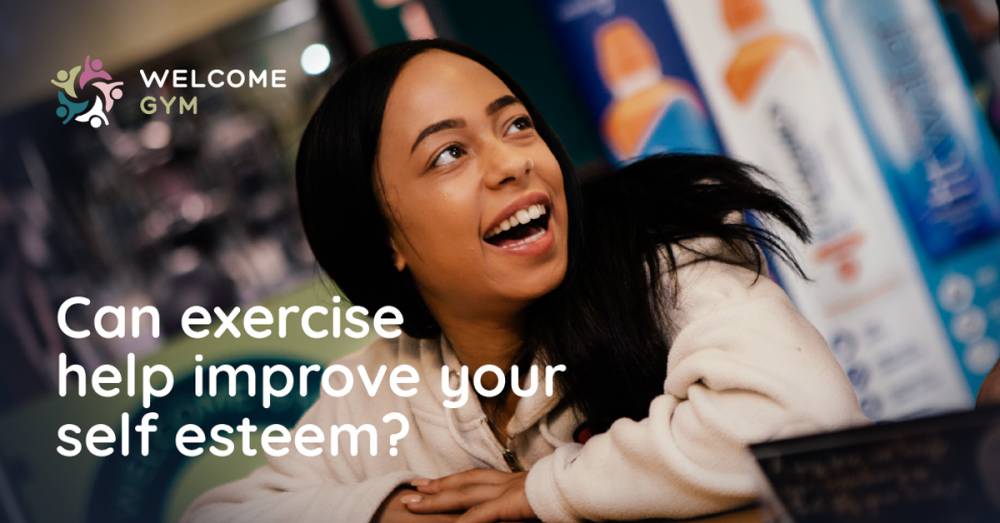“Beauty is only skin deep”, as the saying goes, and our self worth should not just hinge on what we look like. Intelligence, a sense of humour, kindness, loyalty and generosity are all qualities that make us human and make us lovable. A willingness to work hard, be honest, be creative and co-operate with and help others are attributes that appeal to employers and gain us friends. But however nice and kind and hardworking we may be, we are all subject to self- doubt on occasion, and even the most beautiful people can sometimes see only their superficial faults and flaws. Unfortunately, all too often self-doubt can lead to self-loathing and harmful behaviours like binge drinking or overeating and to psychological problems and poor mental health.
Self-esteem goes along with self-confidence and to achieve this we need to give ourselves credit for our uniqueness and our accomplishments. There’s no need to brag, but we should celebrate our small personal talents, triumphs and successes. In order to value ourselves as individuals, we need to look after our bodies and our minds, stay healthy and learn to love ourselves, whatever hand fate has dealt us.
And research shows that exercise, as well as improving our health, can significantly to boost our self-esteem:-
- When we exercise, our brain releases beta- endorphins, happy hormones, which are designed to inhibit the production of pain signals, but which also induce a feeling of euphoria and happiness. This puts us in a good mood, where we’re likely to feel more positive about the world and about ourselves. Long-term, exercise can dramatically reduce feelings of anxiety and depression and help us accept ourselves as worthwhile human beings.
- Exercise disciplines like yoga and tai chi lower levels of the “flight or flight” stress hormones adrenaline and cortisol in our bodies and help to regulate blood sugar, insulin resistance and the desire to overeat. The meditation associated with these exercise styles also stimulates the prefrontal cortex, which controls happiness levels and a healthy immune function.
- Exercise helps us sleep better and regulate our emotions, leading to more effective social interactions and a more positive self-image.
- Regular exercise makes us stronger physically and can help us maintain a healthy weight, so we look better, function better and feel more positive about ourselves.
- Concentrating on getting fitter and eating healthily provides us with a sense of achievement that boosts our confidence. This is even more effective if we set ourselves realistic goals and promise ourselves a little reward as we achieve them. For example, gradually dropping a dress size through exercise and healthy eating will make that shopping spree for some new clothes far more positive and enjoyable.
- Exercising with other people, whether it’s finding a gym buddy, joining a cycling club or walking group or taking part in Park Runs, will help us see that no one’s perfect and that we all need to work on our wellbeing. Human beings are social animals and making friends will enhance our sense of self-worth and provide encouragement and affirmation.
- Finding an exercise or sport we enjoy will ward off boredom and negative thoughts, making our free time fun and keeping our confidence high.
So, to enlist exercise as part of your armoury in your fight to achieve better self esteem:-
- Focus on what you want to gain from exercise- to feel healthier, look better or feel happier with yourself.
- Enlist the help of others – a gym buddy, a friend or personal trainer.
- Make exercise a priority and a form of self-care, so start small and build your stamina, find time for it, despite negative thoughts and excuses, and make it as essential as brushing your teeth.
- Finally, find an exercise you enjoy, whether it’s a fitness class, gardening, dancing, swimming or walking the dog. You’ll soon reap the rewards of feeling better about yourself and realising that other people might actually like and admire you.
![]()
![]()
![]() blog
blog![]()
![]()
![]() blog
blog